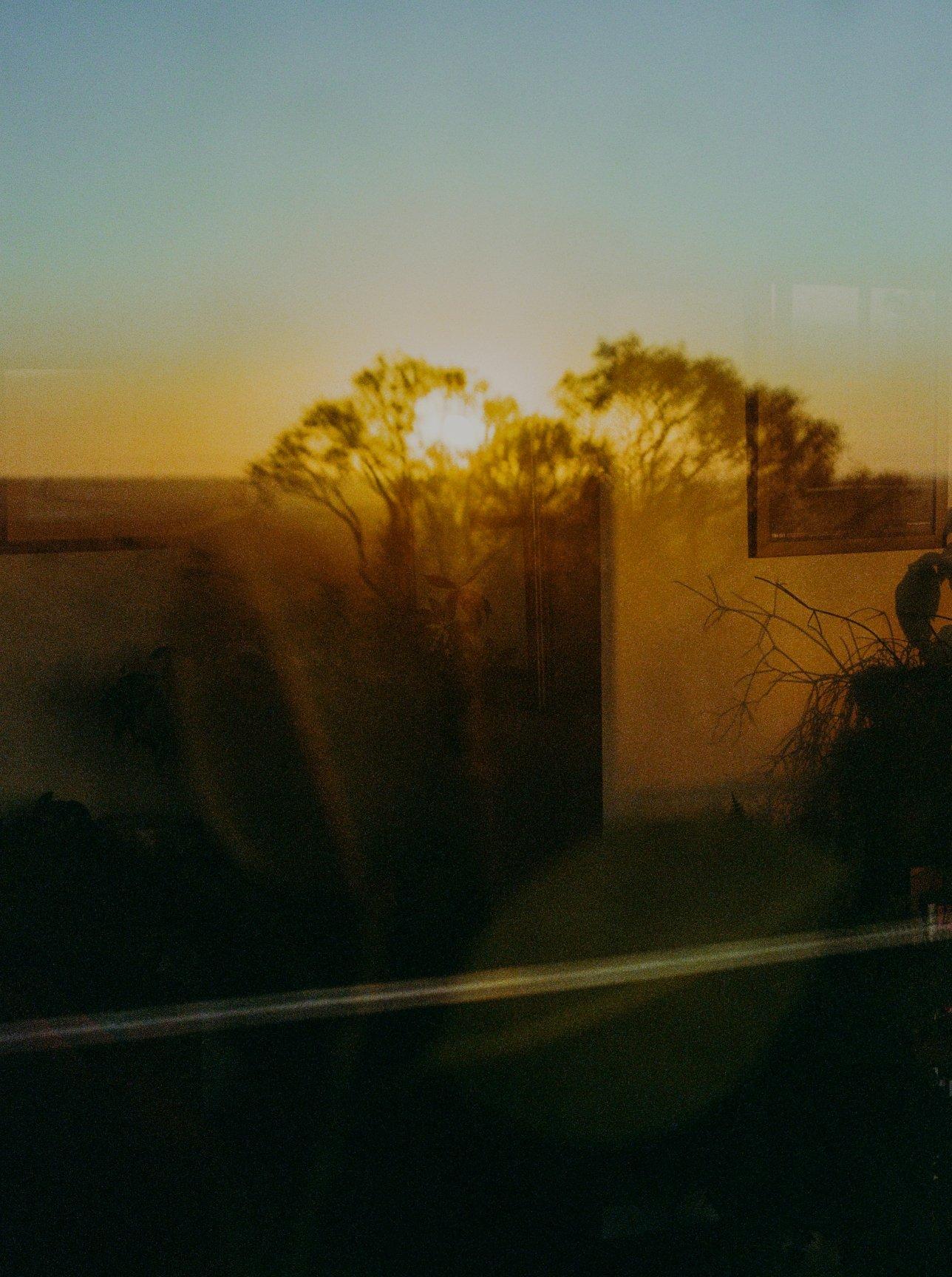THE ART OF SLOW TRAVEL
How to experience more by doing less

Words
NICOLA BRADY
Photography
SARAH PANNELL
As a travel writer, I'm used to hitting the road hard when I'm away. I create Google maps packed with restaurants to try, museums to visit and vintage shops to raid. I’ve even been known to draw up detailed itineraries, with every hour of the day accounted for (and yes, sometimes it’s colour-coded).
But at the end of last summer, I felt the strong urge to go away and do absolutely nothing. I was dealing with a lot – my mum had passed away unexpectedly – and I was well and truly overwhelmed. I knew that I didn’t want the kind of trip that I usually planned. I wanted to go away with no agenda, no itinerary, and only a stack of books for company. And so I went to Lisbon, a city I’d never seen, but with the intent to do as little as possible.
It went against every instinct I had as a travel writer. But while I didn’t come back from Lisbon with dozens of recommendations or stories, I slept soundly for the first time in weeks. I processed the lift-shift that I’d just experienced. And I finally had time to absorb it.
Bereavement aside, it seems like I’m not the only one with the urge to travel at a slower pace. Recently, the desire for this kind of slow travel is increasing. Rather than ticking every item off a bucket list and clogging Instagram stories with dozens of photos a day, more and more people want to go away and unplug, catch up on sleep and relearn the art of doing nothing. They want to live a slow life, if only for a few days.
The people of Sweden have mastered this skill for quite some time. This is, after all, the country that gave us the 72 Hour Cabin, where tiny glass cabins were plonked in the Swedish countryside with no WiFi, phone signal or distractions. And the participants found their stress levels decreased by almost 70 percent.
David Naraine and his wife Marie opened three completely off-grid hermitages at their property SwedishCountryLiving® in 2022. Visitors cook over fire, read by candlelight and swim in the lake, all without WiFi or electricity – and it’s never been more popular. “Our ethos is based on our holistic view of how important it is to get connected with nature, and to understand that everything you do affects the nature that surrounds you,” says Dave. “We believe that in a world of stress, people need a way to relax and have time for the important things in life, like having time for each other. Slow travel brings awareness of how much more you can experience by slowing down.”
And that can be true whether you’re in the city or the depths of the countryside. When you go at a slower pace, you find yourself more immersed in a destination – you’re more aware of your surroundings, and you engage and connect with the world around you. You notice the little things – the tiny café down a side street, or the memorial engraved on a park bench.
We’ve all experienced that sensation of holiday stress – trying to race to a museum before it closes, navigating public transport at rush hour, running from place to place to fit as much in as possible. Take that stress out of the equation, and it’s great for your blood pressure, heart, and mental wellbeing.
Those benefits are increased even further if you (try) to reduce your screentime while you’re away. Going off-grid has huge benefits for your body and mind – a study in the journal Cyberpsychology, Behavior, and Social Networking found that taking a one week break from social media can reduce depression and anxiety (as if you needed confirmation that doom-scrolling is terrible for mental health).
In Lisbon, I spent my days on a sun lounger, and my evenings wandering aimlessly around the city, following my nose rather than a map on my phone. In fact, I barely looked at my phone, full stop. And even though I didn’t have a checklist of things to see, I felt more immersed in a city than I had for a long time. I ambled up tiny, narrow streets with no destination in mind. I sat with a raspberry ice cream and gazed at the boats bobbing on the harbour and the waves forming out to sea. I was still.
From the outside, I was doing nothing. But inside, I knew that it was exactly what I needed.
Nicola Brady is a travel writer based in Ireland.








